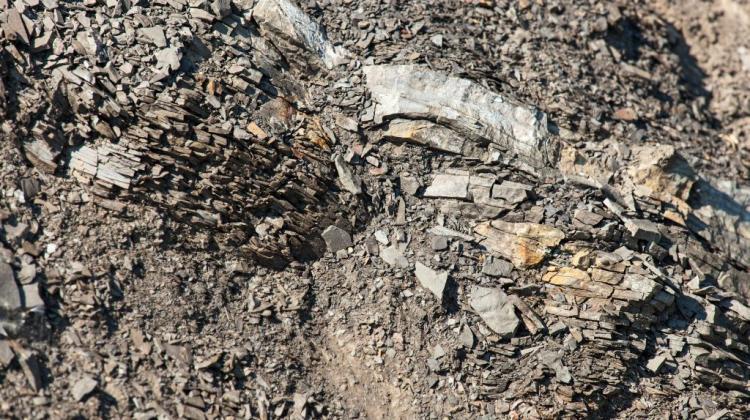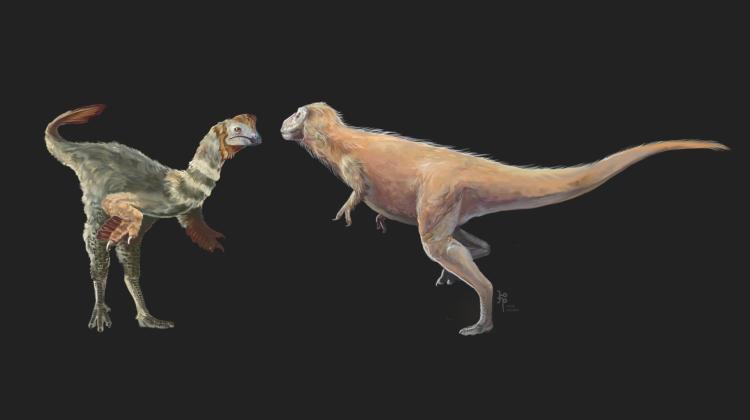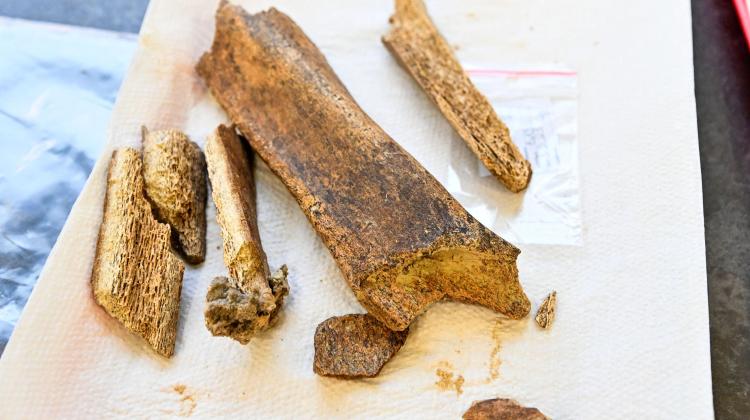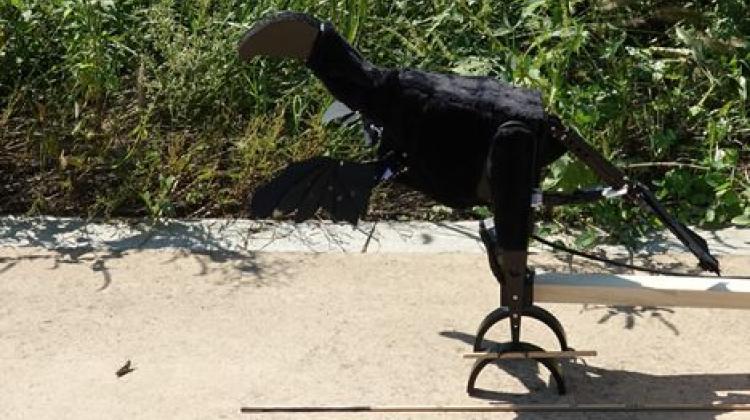Opole/ Palaeobiology in English - new postgraduate course at the university
 Photo: Fotolia
Photo: Fotolia
The University of Opole has started recruiting for postgraduate course Palaeobiology in English. Prof. Elena Jagt-Yazykowa from the University of Opole told PAP that it was the only such course in Europe.
The course will fall under the biology program at the Faculty of Natural Sciences and Technology. Thanks to the European Union funding, 24 students will benefit from free, two-year course, although - according to Prof. Jagt-Yazykowa from the Faculty of Natural Sciences and Technology - this number could be increased if necessary.
Bachelor\'s or engineer\'s is required for admission. The course is also available for holders of master\'s or doctoral degree of any specialisation.
The course will be taught in English, mainly through an e-learning platform. The study program envisages combining knowledge in biology and geology with field practice and fossil preparation skills.
"The project also includes free accommodation and meals during the sessions that will be organized in Opole and Krasiejów once a month - announced Prof. Jagt-Yazykowa, quoted in a release on the university\'s website. - We are starting in September 2017 with summer field school in JuraPark in Krasiejów. This will be a great opportunity to get acquainted with the program, lecturers, colleagues and participate in field work at the unique +Trias+ site and other paleontological sites in the Opole region".
According to the researcher who is also the head of the European Centre of Palaeontology at the University of Opole, this specialization is a natural choice for the Opole university.
"We have a unique palaeontological site in Krasiejów, where students can conduct research under the guidance of excellent specialists. Students of out course will have the opportunity to combine knowledge in biology and geology. We already have the first candidates from Saint Petersburg, but judging by the inquiries we received earlier, there could be many candidates" - added Prof. Jagt-Yazykowa.
More information about the new course is available at: http://hello.uni.opole.pl/palaeobiology/
At the turn of the century, palaeontologists discovered remains of vertebrate bones in Krasiejów near Opole. Among them are 230 million years old remains. World-famous was the discovery of numerous remains of the dinosaur Silesaurus opolensis by Prof. Jerzy Dziek\'s team. Some of the finds from Krasiejów are exhibited at the Museum of Evolution of the Institute of Paleobiology of the Polish Academy of Sciences in Warsaw. (PAP)
masz/ agt/ kap/
tr. RL
Przed dodaniem komentarza prosimy o zapoznanie z Regulaminem forum serwisu Nauka w Polsce.


















